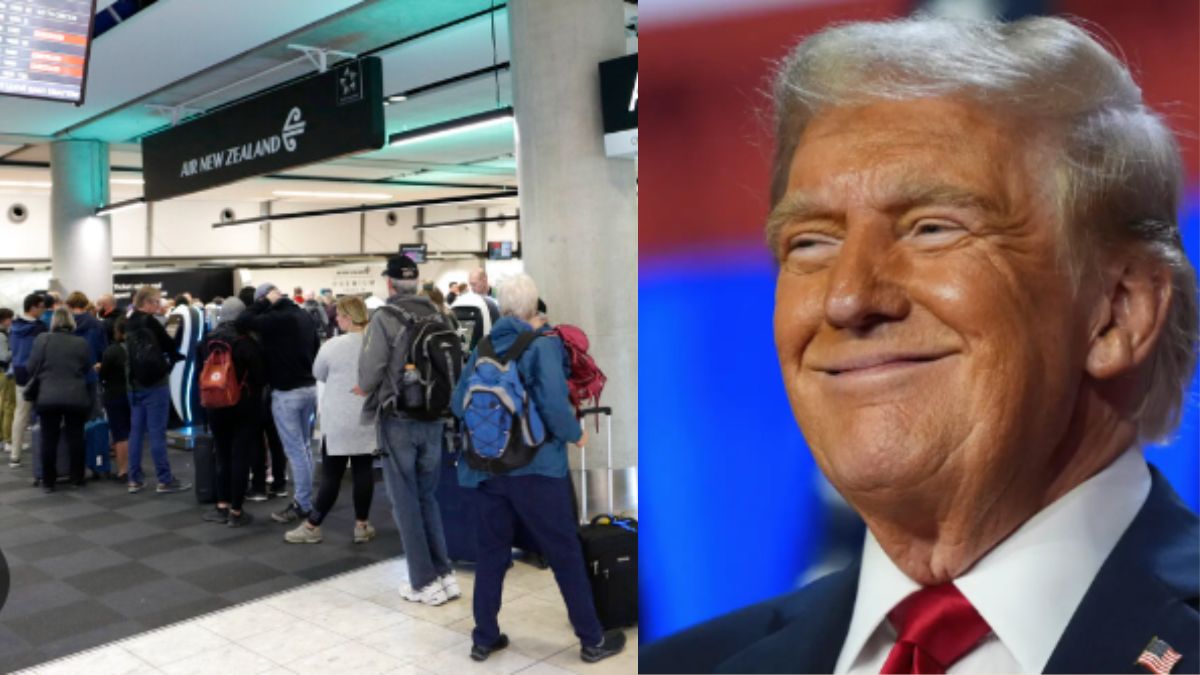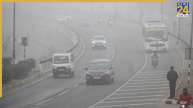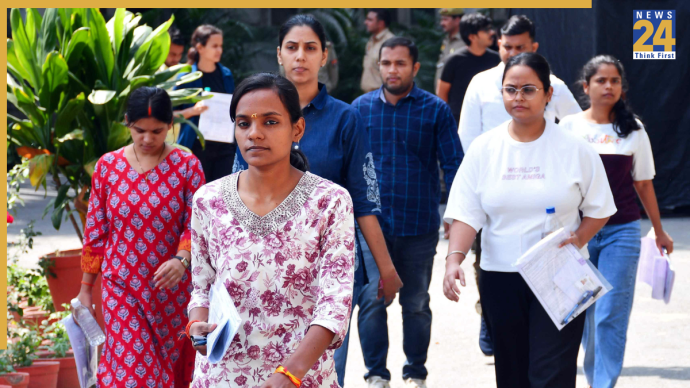A slew of executive orders that Donald Trump signed after resuming the White House included a policy which would impact the US migrants globally. The second time president has initiated to end the birth right citizenship. The policy seeks to deny automatic citizenship to children born in US whose parents doesn’t have legal migration status.
Under the new policy, children born in the US will no longer be recognised as citizens if their father/mother is not a US citizen or lawful permanent resident, and their mother/father is either in the country illegally or present on a temporary visa, such as a student, work, or tourist visa.
The change that targets automatic citizenship for children of parents unlawfully or temporarily residing in the country is set to take effect in 30 days. The Immigration advocates swiftly responded by filing a lawsuit on Monday evening when the new policy was signed itself. They argued that the move overturns more than a century of established US policy and legal interpretations.
What Trump Aims By Birthright Order?
According to experts, Trump’s new move seeks to eliminate birthright citizenship, a natural right acquired by birth. It flew in the face of the guarantee, rooted in common law and enshrined in the Constitution for more than 150 years, that anyone born in the United States is automatically an American citizen. Trump has long been an advocate for this stance. He has also publicly stated that granting American citizenship to the children of immigrants without legal status is unacceptable to him.
Trump’s executive order
A baby will get the US citizenship by birth only when..
- At least one parent must be a US citizen
- A legal permanent resident (green card holder)
- Or a member of the US military
The executive order challenges the traditional interpretation of the 14th Amendment to the US Constitution, adopted in 1868 to clarify the citizenship status of formerly enslaved individuals. The amendment has been widely interpreted to grant citizenship to anyone born on US soil.
What Is The 14th Amendment
The 14th Amendment states that “all persons born or naturalized in the United States, and subject to the jurisdiction thereof, are citizens of the United States.” Critics of birthright citizenship argue it should not apply to the children of illegal immigrants or to so-called “birth tourism,” in which people travel to the US toward the end of their pregnancy to ensure their child is born a US citizen.
Who all will be affected?
More than a million Indians stuck in the long wait for an employment-based green card will be affected by this change. Starting 30 days after the executive order, a child born to a mother who is temporarily in the U.S. (such as on a visitor or non-immigrant visa, including dependent visas like H-4 or work visas) and a father who is not a U.S. citizen or green card holder, will no longer automatically receive U.S. citizenship.
According to the latest Census, the United States is home to over 5.4 million Indians, accounting for approximately 1.47% of the population. Of this group, two-thirds are immigrants, while 34% are US-born. The proposed executive order aims to put an end to birth tourism, a practice where individuals, including Indians, travel to the US to give birth so their child can automatically obtain American citizenship. Besides Indians, Mexicans are another group commonly associated with seeking birthright citizenship in the US.
Will Indians Face Deportation?
According to Indian Express report, Indians make up the majority of H-1B visa holders. An estimated 300,000 Indian students are the largest foreign cohort in the U.S., An uncertainity is looming over 20,000 individuals. If the Trump Administration proceeds with deportations, the ‘undocumented’ Indians could be among the first targeted. These individuals either face ‘final removal orders’ or are currently held in U.S. Immigration and Customs Enforcement (ICE) detention centers.
What Will Happen To Those Who Are Denied Citizenship?
Currently, children not born in the US, whose families are stuck in the decades-long green card backlog, face tough choices when they turn 21. They must either self-deport or switch to another visa, such as an international student visa. Birthright citizenship provided a respite for Indian couples enduring the endless wait for a green card, as having a child born on American soil ensured citizenship for their child.












